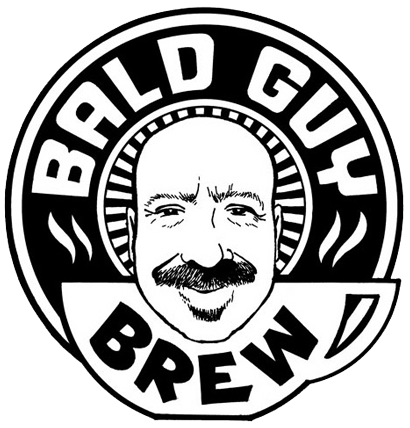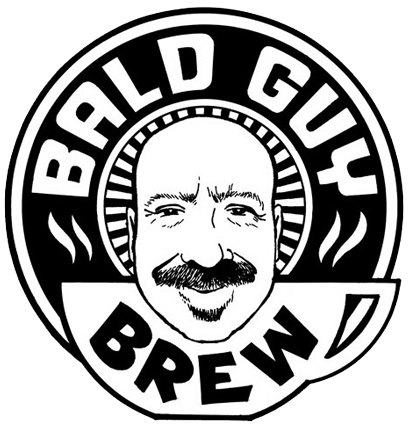When drinking a hot cup of coffee every morning, it's easy to forget that the beans you just brewed were carefully grown and hand-selected before arriving to you. By purchasing certified coffee, you can get caffeinated while supporting coffee growers, coffee communities, and the earth we all share. Read on to learn about the goals of some of the most common coffee certifications to help guide your coffee purchasing decisions.
Coffee Certifications Explained
Posted on July 02 2019,

4C Association
FOCUS
Links all coffee stakeholders to improve economic, social, and environmental conditions of coffee production and processing
GOALS
- Promote sustainable standards
- Focus on critical issues that threaten the coffee industry
- Create and foster a collaborative platform to address sustainability issues in coffee production
- Cooperate with other sustainability standards
BENEFITS FOR PRODUCERS
Aims to meet demand for sustainably produced coffee, increases income with the implementation of more effective, sustainable farming practices, and provides free access to information and training tools.
Bird-Friendly
FOCUS
Supporting conservation of migratory birds and their habitats
GOALS
- Maintain forest environment with a diversity of shade trees to provide a varied structure for different habitats
- Requires organic certification
- Protection of waterways and other sources of drinking water
BENEFITS FOR PRODUCERS
Greater diversity of plant and animal species can improve the quality of coffee and the environment, and Bird-Friendly certified coffee qualifies for a greater cents-per-pound premium than only organic certified coffee.
Certified organic - Organic crop improvement association (ocia)
FOCUS
Minimizing deforestation of coffee ecosystems
GOALS
- Encourage biodiversity of tree species
- Track progress through written records
- Protect environment through organic coffee farming practices
BENEFITS FOR PRODUCERS
Promotes increased market access, higher quality of coffee, and improved/sustainable environmental conditions.
fair trade usa
FOCUS
Developing sustainable and resilient coffee supply chains through direct producer-buyer relationships in order to improve coffee farmer livelihoods and strengthen coffee organizations while protecting the environment
GOALS
- Increase market access
- Minimum price premiums to protect producers when market prices fall
- Direct producer-buyer relationships
- Social and community development incentives
- Democratic organization of producers
- Labor and environmental protections
- Training standards for water use and water treatment
BENEFITS FOR PRODUCERS
Provides training for sustainable farming methods, farm management, and business management, increased market access, direct relationships with buyers, and premiums for community development projects.
fairtrade international
FOCUS
Environmental, organizational, and labor components intended to promote small-farm sustainability
GOALS
- Minimum price
- Additional financing for coffee farmers to invest in community and business projects
- Long-term contracts with buyers to provide a consistent market
- Democratic organization for coffee cooperatives
- Labor and environmental protections
BENEFITS FOR PRODUCERS
Ensures increased and consistent market access, higher selling price, and organization of cooperatives.
rainforest alliance certified
FOCUS
Environmental and social protection measurements
GOALS
- Protection and conservation of ecosystems using low-impact, organic farming methods
- Promotion of shade-grown coffee where applicable
- Minimum wage benefits for employees
- Contributions to producing communities
- No premiums for farmers, market-based pricing
- Continual monitoring for improvement opportunities
BENEFITS FOR PRODUCERS
By improving farm management, the quality of coffee increases, resulting in crops that can qualify for 25 cents more than market price.
USDA organic
FOCUS
Environmental protection by promoting organic coffee farming methods
GOALS
- Reduce use of toxic pesticides and fertilizers
- Continuous improvement of local soil and water quality
- Improved crop management practices
- Protection of renewable resources
- Reduction of waste and promotion of recycling
- Consistent documentation of practices and increased transparency and traceability of product
- Clear separation of organic and non-organic practices
BENEFITS FOR PRODUCERS
USDA Organic certified coffee qualifies for premiums that are 15 cents above market price (in addition to regional premiums), reduces exposure to toxic chemicals used in conventional coffee farming, and reduces pollution of local coffee producing communities.
utz certified
FOCUS
Promote sustainable coffee production practices and support social, labor, and environmental sustainability
GOALS
- Minimal pesticide use
- Minimum wage for workers to provide labor protection
- Provide livable housing and education opportunities for coffee growing communities
- Continuous surveillance of farms for improvements if necessary
- Tracking and traceability of supply chain of coffee
BENEFITS FOR PRODUCERS
Promotes increased market access, improved trade terms, access to information on best farming and business management practices, improved living and working conditions, and premiums negotiated directly with buyers.

